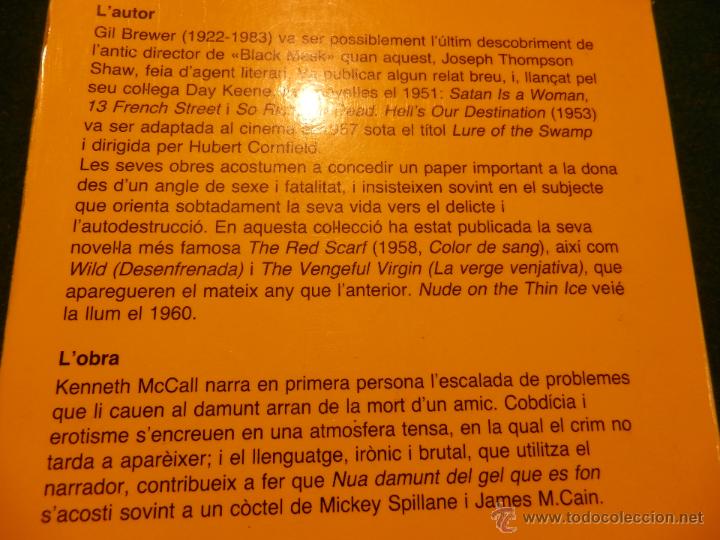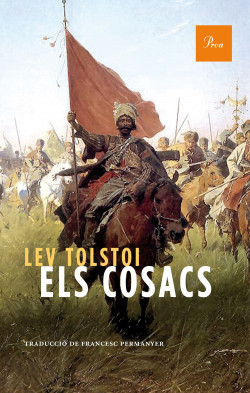In the golden age of ease of access to original Brazilian series a few years ago, I watched 4 (out of 7) seasons of a Brazilian comedy series Sai de Baixo. I'd come to it after having watched a later series, Toma Lá Dá Cá, which starred two of the main actors from Sai de Baixo- Miguel Falabella and Marissa Orth.
Then the website where I got the episodes was taken down and I couldn't find it anywhere else. I gave up and started watching Brazilian HBO series. I loved Sai de Baixo for its quirkiness and the ridiculously "over the top", outrageous and farcical nature of the series. That and it's funny ! It took me a long way towards understanding everyday Brazilian speech. It was a struggle not only because of the slang but also because of the difficulty in understanding topical and pop-culture humor references- not to mention the show's length of nearly an hour.
I am remembering all this because one of the main actors on the show, Luis Gustavo, passed away on Sunday at 87 years old. I've learned a lot about Luis in the tributes to him. Brazil is a melting pot of cultures and immigrants. Gustavo was born in Sweden to a Spanish diplomat and his wife. The family moved to Brazil when Luis Gustavo was five years old. He and his sister (also an actress) grew up in Brazil and became actors. Gustavo became a naturalized Brazilian citizen and an actor with a successful career along with his sister. I loved his humor and wit.
Catalan
I finished reading "Seixanta-vuit" (Ramon Usall i Santa). The character of Detectiu (Detective) Rafel Rovira is more fleshed out now. He is, like his author, very Catalan, very Lleidatà. Loves his country and his culture. His fame from his last case- "Tots els camins porten a Romania" has gained him a maid, Ioana (the Romainan woman who first hired him to find who killed her client), and a "becària"- "Betina Antunes" a young Portuguese woman from Lisbon, via Andorra. Her father, a general, had set her up in the Portuguese diplomatic service. Betina infuriated him by leaving to study criminal justice and wanting to become a private detective.
Rafel's old French teacher, Henrieta (Rafel reached C2!), calls the detective's office to help her find her long lost love who left her planted at the altar in 1968- at the height of the student protests. She recently received a postcard from him after all these years. With little to go on, Rafel and Betina go to Paris to investigate.
Henrieta's old love was deeply involved in the student protests and the couple had many friends who were as well. After over 50 years, some had moved on and tried to forget the past. Some had moved on to become spies for the Chinese because they believed in Mao-ism. Slowly, one by one they are being murdered by an unknown killer. Rafel and Betina find themselves up to their necks in intrigue- the makings of a good story.
Once again, I guessed the identity of the killer rather early, even though not a hundred percent certain, but that's not the point. Again, as in the last novel, I enjoyed the back-story of the characters, modern Paris, the Catalan perspective and slice of life. I don't think the book is translated into any language. For those of you who speak Catalan, I recommend reading it. Here's a link to the sample from the first chapter. I'm looking forward to the next story.
So, I moved on to the next book- "El Gran Gatsby" which has often been described as one of The Great American Novels. The book has been made into two films- one from the 1970's starred Robert Redford. The most recent one starred Leo DiCaprio. I haven't seen either one, nor have I read the book in English. So, I figured if I was going to read it, I would read it in Catalan. I got it on Google Books for $6 US. I enjoyed it. After having read so many Hammett novels from the 1920's (Gatsby was written in 1925), The setting was familiar and, oddly relatable as somewhat modern despite being almost a hundred years old. "The Roaring Twenties/The Jazz Age" was a time when America was coming into its own, when anything was possible with optimism and a headlong progression of "damn the torpedoes, full steam ahead" into soulless technology and 'progress' for progress' sake.
The book itself is short, 234 pages printed in Catalan. The English original is available on Project Gutenberg free and legal, out of copyright. There was vocabulary to look up, most of which I could guess, but it helps to be sure. Strange how I find it easier to read original novels than these translations from English from the 1920's. The story is engaging, if frustrating at the beginning. The character of Gatsby is elusive. The narrator, Nick Carraway, is seemingly just there to be "along for the ride". The other characters are quite rich, superficial and selfish/self-absorbed, the perfect urban stereotypes. After having read the wikipedia article in English (warning: spoilers), the whys and wherefores of the book come together with the author's own backstory.
By the end of the book, I finally felt I understood Gatsby and why he was the way he was and his motivation. "The Great Gatsby" by F. Scott Fitzgerald is considered to be a classic of American literature. The great American author, Mark Twain, has described literary classics as
Mark Twain wrote:A classic is something that everybody wants to have read and nobody wants to read.
I guess that now, (at least in the case of this book) this quote doesn't apply to me anymore. I enjoyed the book. I listened to some of the music as I read along with the descriptions of the glamorous summer parties at Gatsby's Long Island mansion replete with flappers and classic automobiles. Ironically, for me, the iconic first edition cover was illustrated by a Catalan man, Francis Cugat (yes, he was the brother of the famous musician Xavier Cugat):



It's funny how second languages, have given me the excuse to read the classics of my own culture's literature.
Spanish
Reading Paloma Bravo's novel "Las incorrectas". I'm a third of the way in and quite enjoying it. The author paints a picture that, though set in a foreign culture, is universal and at the same time lets me live vicariously in a Madrid slice of life... all the ingredients I enjoy in reading. I'm never going to get to live in Spain, but at least I can sort of see how that life might be. It also gives me a perspective on feminism which I think we all would be better off for knowing.
It's a novel about a woman (and her friends), Eva, separated from her husband (who lives in the condo above) who has a young daughter who wants to play soccer (football). She finds her daughter, Manu, a team in el barrio (neighborhood). After having to demand her rights because her daughter would be the only girl on the team, Manu gets to join. Along the way Eva makes friends with some of the other mothers of the team's players. Each woman has different circumstances, and of course, different challenges to face as mothers and women. It's a good book. Paloma is a good writer. She has the pulse of modern life and the sense of self to ground herself and question said modern life. Her writing is crisp, her sentences short for a Spanish writer, but conveying what is needed to be conveyed. Her books don't have many translations. Her work deserves to be better known in the wider world. I first discovered her in a blog on El País around a dozen years ago.
Orevwa pou kounye a, mezanmi, m a wè nou pita



